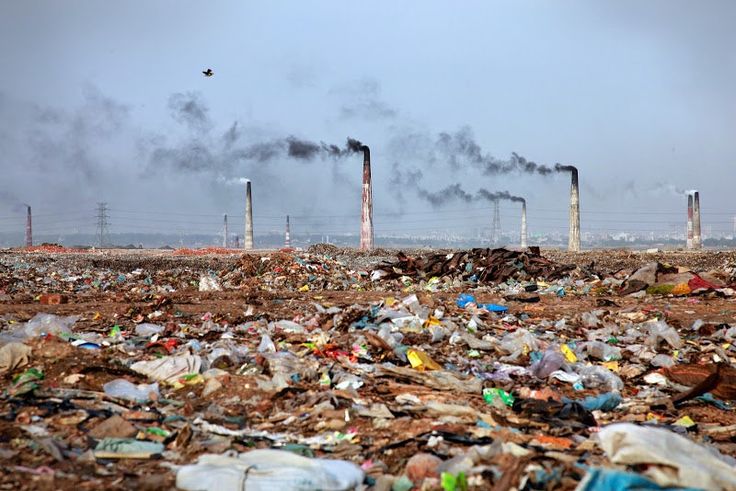A pillar of environmental preservation initiatives, recycling is essential in lowering pollution and therefore lessening the effects of trash on our earth. The pressing need to properly manage garbage is even more evident as world consumption rises. The several ways in which recycling might help to reduce environmental pollution will be discussed in this article together with its advantages and difficulties.
The Importance of Recycling
Recycling is the process by which waste products are turned into new goods, therefore cutting fresh raw material consumption, energy use, and greenhouse gas emissions. Recycling helps us greatly cut the volume of waste ending up in incinerators and landfills, two main causes of environmental contamination. It also aids in the preservation of natural resources and defense of ecosystems against the negative consequences of resource development. Seek help from altrincham skip hire for the recycling techniques.
Recycling and Resource Conservation
The main advantage of recycling is its part in preservation of natural resources. Many materials, including paper, plastics, and metals, need large volumes of raw ingredients and energy to manufacture. Recycling these products will help to lower the need for virgin resources, therefore lowering the environmental effect of manufacturing and processing. Recycling aluminum, for example, saves 95% of the energy needed to manufacture new aluminum from bauxite ore, therefore lowering air and water pollution related to mining operations.
Reducing Landfill Waste
A major cause of environmental contamination, landfills spew methane gas—a strong greenhouse gas—into the atmosphere. Furthermore harming local ecosystems and human health is waste’s ability to seep dangerous chemicals into the soil and groundwater as it breaks down. By helping waste to be diverted from landfills, recycling extends the lifetime of these sites and lowers their environmental impact. Comprehensive recycling programs have helped nations with them to noticeably reduce landfill waste, therefore improving the quality of the environment.
Air Quality Improvement
Air quality can be much improved by recycling. Many times, the manufacturing of products from raw materials uses combustion techniques that spew dangerous pollutants into the atmosphere. For instance, compared to using virgin wood pulp, creating paper from recycled materials creates 74% less air pollution. Recycling helps us to lower the emissions from manufacturing operations, thereby improving the quality of the air and lowering the respiratory diseases connected to pollution.
Water Conservation
Another important problem handled by recycling is water contamination. Waste dumping and industrial operations can poll rivers, endangering aquatic life and sources of drinking water. Recycling metals and plastics helps us to lessen the demand for new manufacturing techniques consuming large volumes of water and sometimes releasing pollutants into water bodies. Moreover, recycling helps to lower the wastewater produced during production, therefore enhancing the water quality in lakes and rivers.
Economic Benefits of Recycling
Apart from the advantages for the surroundings, recycling presents major financial advantages. Through lower waste management costs, the recycling sector generates jobs, boosts local businesses, and may save municipal budgets. Furthermore, businesses which follow recycling policies sometimes discover that using recycled materials helps them to reduce their manufacturing expenses, therefore improving their competitiveness on the market. Encouragement of recycling can thus have a good knock-on effect on the national as well as local economy.
Challenges to Recycling Efforts
Although recycling clearly has advantages, several factors compromise its efficiency. Often resulting from incorrect sorting, contamination of recyclable materials can complicate and cost more recycling operations. Low participation rates in recycling initiatives also result from often poor public knowledge and understanding of recycling techniques. Furthermore, some materials—including some plastics—can be difficult to recycle depending on market demand changes or technological restrictions. Improving the success of recycling projects depends on tackling these obstacles.
The Role of Technology in Enhancing Recycling
Recycling rates and efficiency have been raised in great part by technological developments. Advances in sorting technology, including artificial intelligence and machine learning, could help to improve the accuracy of recycling operations by lowering contamination rates and thereby raising the quality of recovered goods. Furthermore, advances in recycling techniques provide fresh ways to handle once thought non-recyclable materials, like chemical recycling for plastics. We can build more strong and effective recycling systems maximizing environmental advantages by using technology.
Community Engagement and Education
Effective recycling schemes depend critically on community involvement and education. Public awareness campaigns can teach people the value of recycling and offer doable advice on how to recycle successfully. Working together, schools, companies, and local governments can design instructional initiatives encouraging sensible waste management practices. Encouragement of recycling in local communities will help to raise participation rates and improve the general effect of recycling initiatives on the decrease of pollution.
Conclusion
One very effective weapon in the battle against environmental contamination is recycling. Recycling greatly helps to create a better earth by means of resource conservation, landfill trash reduction, enhancement of air and water quality, and financial gains. However, addressing the difficulties of recycling calls for group work, technological innovation, and community involvement. Recycling will always be a pillar of environmental sustainability as we keep innovating and changing our waste management strategies will help to produce a better, greener future for next generations.
Visit thetravello for more articles.

